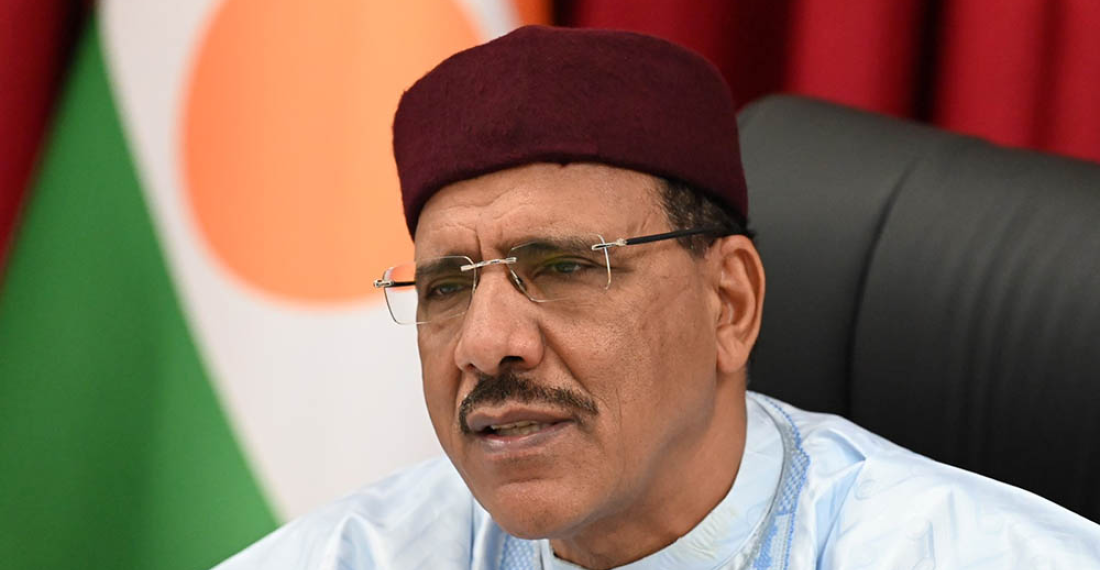The leaders of a coup that took place in Niger on 26 July have announced late on Sunday (13 August) that they will "prosecute" the ousted president Mohamed Bazoum for "high treason" and "undermining the security" of the country.
In a statement read out on national television, Colonel-Major Amadou Abdramane said, "the Nigerien government has so far gathered [...] evidence to prosecute the deposed president and his local and foreign accomplices before the competent national and international bodies for high treason and undermining the internal and external security of Niger".
Colonel-Major Abdramane also addressed the sanctions imposed on Niger by the West African regional group of nations, ECOWAS, saying that the Nigerien people had been "hard hit by the illegal, inhumane and humiliating sanctions".
Following the coup, ECOWAS suspended all commercial transactions with Niger, froze its state assets in the regional central bank, froze assets of the state and state enterprises in commercial banks, and suspended all financial assistance with regional development banks. Nigeria also cut power supply to the country on the 80 megawatt Birnin-Kebbi line, while Cote d'Ivoire suspended imports and exports of Nigerien goods.
ECOWAS has also not ruled out the use of force against Niger in response to the coup, although a threat to deploy it if the junta fails to reinstate President Bazoum has failed to play out revealing divisions among ECOWAS members.






